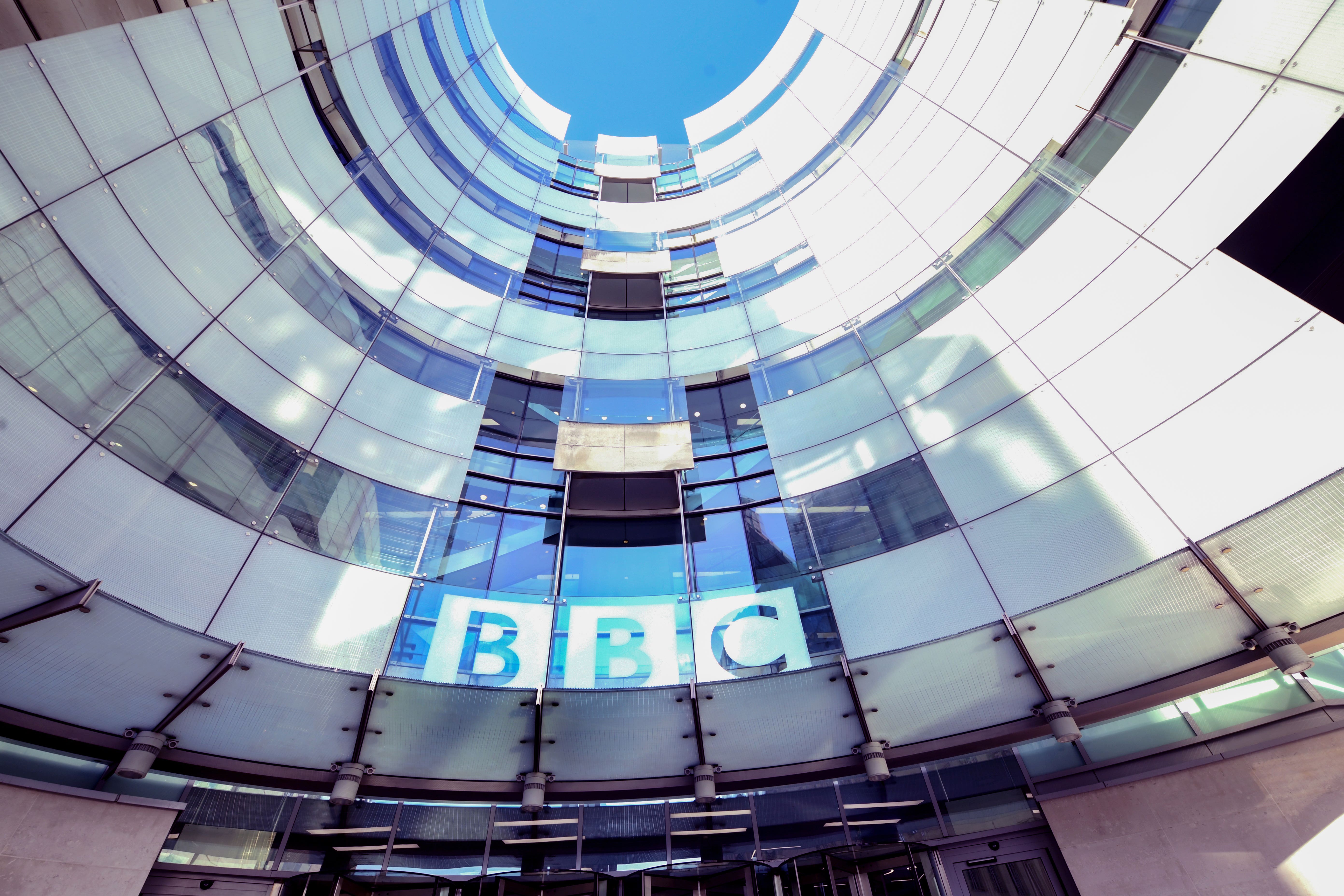The Huw Edwards affair should remind us we are lucky to have the BBC
The public broadcaster’s service to the nation is worth every penny, argues David Lister


Let us praise the BBC.
I realise that has long been an unfashionable concept. Not least in the aftermath of the Huw Edwards affair, the director general Tim Davie being held to account by a House of Lords committee, the publication of eye-wateringly high salaries for the corporation’s biggest stars, and a seemingly well-sourced story that the government considers the licence fee unsustainable.
Yet praise it I do. And, actually, there are few better times to heap praise on the BBC than July, the start of the Proms, the summer-long festival of classical music in a joyous atmosphere and at affordable prices. No other broadcaster begins to rival the BBC in what it does for classical music, not just in running and broadcasting the Proms but also running five orchestras across the UK, along with an ensemble of singers.
And even if you don’t care about classical music, you probably are grateful for Glastonbury or Wimbledon. National events demand the national broadcaster.
All that is more than cause for praise. But there is so much more that the public service broadcaster gives: the TV channels, children’s TV, rolling news, 10 UK-wide radio networks, online services, education programmes and materials (including invaluable curriculum materials during Covid) and much else – not least the inestimable World Service which brings news and information from the free world to populations under tyrannical regimes. And, as a supplier of local news through 39 local radio stations, it is increasingly filling the void left by the disappearance of traditional local papers. I’d say that’s a pretty good deal for £159 a year.
And – a much-forgotten fact – all BBC radio is completely free. It does not command a licence fee, and you don’t have to pay a penny for it.
When I used to meet directors general and top executives of the BBC Tony Hall, Mark Thompson and creative director Alan Yentob, I would say to all of them: “Why do you defend the licence fee? Why don’t you ‘champion’ it as the most incredible value for money? Shout that from the rooftops!” Invariably they would lean across the table and say they privately agreed, but they had to tread carefully.
But, why? Why be constantly cowed by a media, much of which has a clear, commercial agenda to undermine a rival? Why be defensive in front of a government that does not understand or seem to care about the cultural importance of the BBC, let alone its political importance across the globe? Dare them to state that £159 is too much for boosting Britain in that way.
The corporation raised (in 2021-22) £3.8bn from the licence fee. It could also point out a little more often that – while making no excuse for the licence fee as it is amazing value – it did in the same year raise through production, sales and other activities £1.4bn from commercial activities. The BBC is no slouch in generating its own income to augment the licence fee.
Of course, I do not pretend that everything at the BBC is perfect. As we all know by now, its handling of complaints leaves something to be desired. Salaries to star presenters such as Gary Lineker are obscenely high (ineptly, the BBC doesn’t even seem to have him exclusively but watches him hop across the channels), and I personally remain uneasy over a tendency to underestimate the audience. Our national broadcaster seems to have little truck with our national playwright. The works of modern dramatists such as Pinter, Stoppard and Caryl Churchill are also rarely sighted.
But as I write that, a small voice in the back of my head whispers David Attenborough, In Our Time, the Today programme, the Proms, innovative dramas such as I May Destroy You, a thousand water-cooler moments – and, crucially, impartiality.
Yes, the rise of streaming services such as Netflix, Amazon and Apple is to be welcomed for the variety they give, just as programmes like Succession and Breaking Bad are undoubtedly thrilling. The BBC does not have a monopoly on virtue. But it does go to places others are unwilling to venture.
A nation needs its backbone. And the BBC is the cultural backbone of the nation, able – because of licence fee income – to put those old Reithian values of informing, educating and entertaining ahead of profit.
Before committees of MPs and peers, directors general are always a little defensive. It has become the BBC’s default mechanism. Oh, for a director general that will publicly proclaim the BBC’s strengths and unique service to the nation, and tell parliamentarians, press and public that we are lucky to have it.
Because we are.






Join our commenting forum
Join thought-provoking conversations, follow other Independent readers and see their replies
Comments